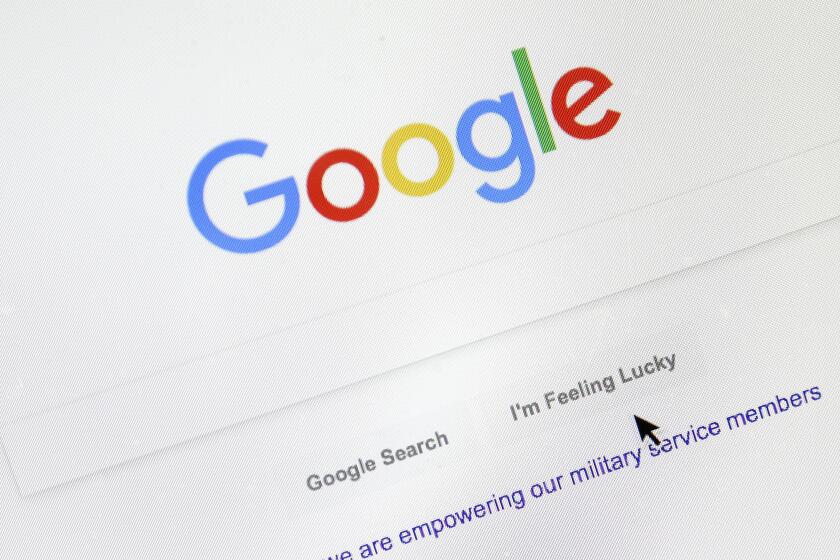There’s a word for it: c-h-e-a-t-i-n-g
SCRABBLE lovers the world over, you may want to sit down for this bit of news. Oh right, you’re already sitting.
Just as in the beleaguered sports of baseball, track and field, cycling and, I’ve heard, even cricket, the integrity of your game too is being undermined by illegal performance enhancers.
It starts with Scrabulous, one of Facebook’s 10 most popular “apps.” Apps, or applications, are little programs Facebook users can embed in their profiles. Scrabulous, which has more than 400,000 active users, is a free version of the classic board game that Facebookers can play with their far-flung friends. But unlike the parlor version, Scrabulous games need not proceed in real-time. You can make one move an hour, or one a week -- think about your next move as long as you like.
Or if you don’t feel like thinking about it at all -- join the hordes of players flocking to online Scrabble calculators in search of a competitive advantage.
If you Google “scrabble cheat,” for instance, the first result is the Scrabble Cheat-O-Matic, the brainchild of 26-year-old Ben Charlton of Canterbury, England. In 2006, when he was playing a lot of online Scrabble, Charlton wrote a little program that could figure out every possible word his tiles could spell.
Put in eight letters -- LAOEPGRS, say -- and out pops all 355 possible word combinations, including “pergolas” -- the only possible eight-letter word. (You get a 50-point “bingo” bonus for using all seven of your letters, but you usually have to attach them to a letter that’s already on the board.)
Charlton said that since the debut of Facebook Scrabulous in June, the Cheat-O-Matic has seen its traffic go from about 4,000 page views a day to more than 120,000. Charlton points out that the site gets only about 17,000 unique visitors -- only a small fraction of the number of Scrabulous’ 400,000 active players. But that also means that each visitor is running the calculator an average of seven times a day.
“I try not to use it unless I get really stuck,” Charlton said of the Cheat-O-Matic’s ethical implications. “It does take something away from the game I think -- it’s more satisfying if you think about it yourself.”
Another large hunk of the Scrabble cheating market is owned by a site called Scrabble WordFinder.com. The site is more like the Deep Blue of Scrabble cheating: By asking you to input the entire board as well as your available letters, it will calculate not just the longest word you can make, but your highest scoring possible play -- in essence, allowing you to play a perfect game.
Recently, I decided to run a scientific test of the site in a game against my most intimidating Scrabulous partner. After inputting the board and my letters -- I-BLANK-A-T-U-E-D, the program spit back the ideal move: deutzia for 73 points. Nevermind I had no idea what a deutzia was -- this play would significantly shrink the giant lead my opponent had opened up, and give me a chance to win my first game after three consecutive losses.
But . . . to cheat or not to cheat?
“I know firsthand how addictive using my program can be,” said “Avalanche,” the computer science student who created SWF but preferred not to give his real name. Avalanche said that after he wrote the program, he would routinely use it to “slaughter” other online players, but that he rarely plays now.
“It was probably a lot more fun,” he said, “when I knew that I was the only person on the Internet that had the potential to use it as a cheat.”



